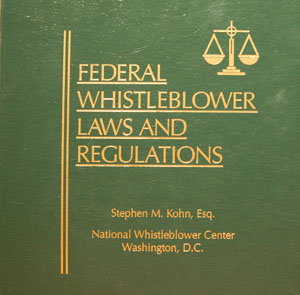Knowing your workplace rights is an important part of working outside the home. These days, people often speak of their ‘rights,’ but when it comes to the jobs we do for our employers, we often don’t know what those rights are. For instance, what about privacy? Do you have a right to privacy when you’re at work? What about termination? If you’re working for a company that fires you, did you have a right to expect never to be fired unless you did something egregious on the job? Or can they fire you for any old reason? What harassment, particularly sexual harassment? This subject has been in the news a great deal in the past couple of decades, so most of us know that sexual harassment from a superior is covered under the law. But what about sexual harassment from a co-worker—is that still covered under today’s anti-harassment laws? Following are tips about your rights in the workplace from top employment lawyers that will give you an idea of where you stand, legally, at work.




